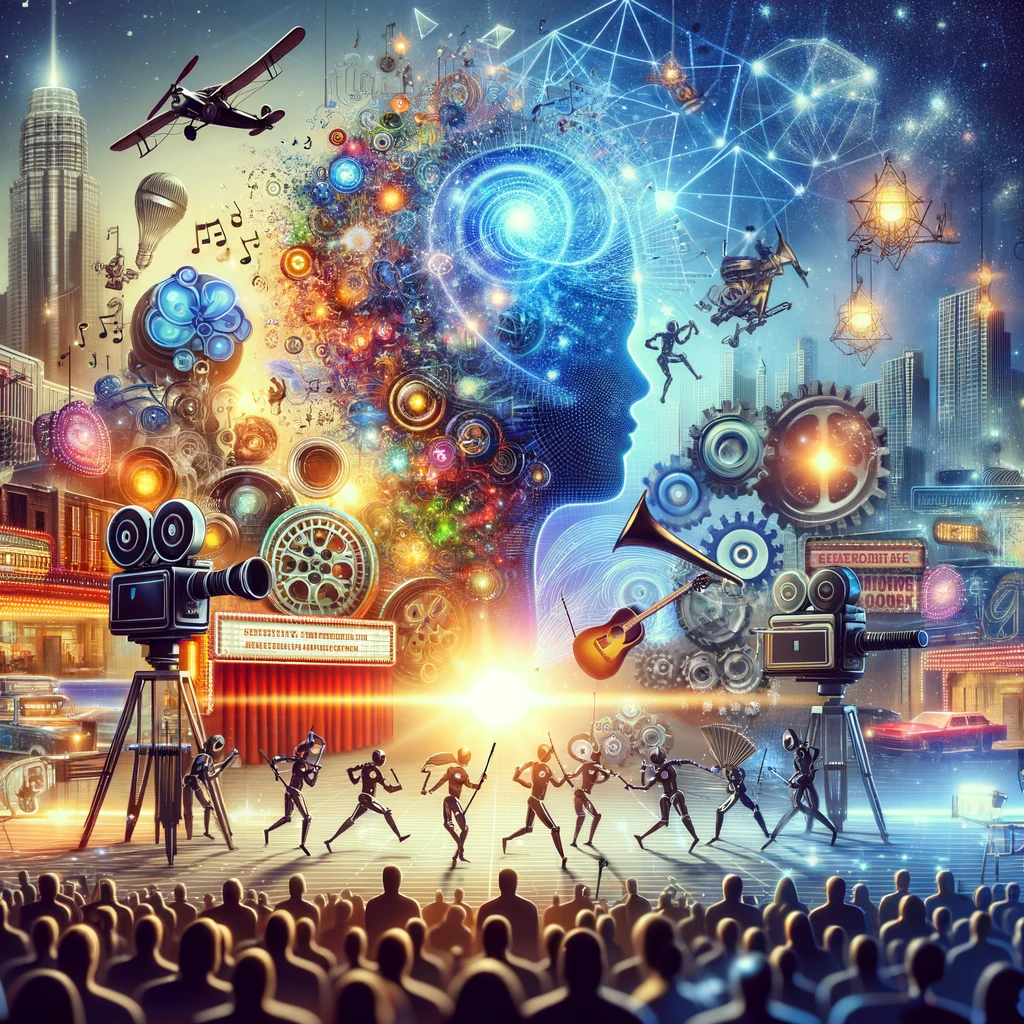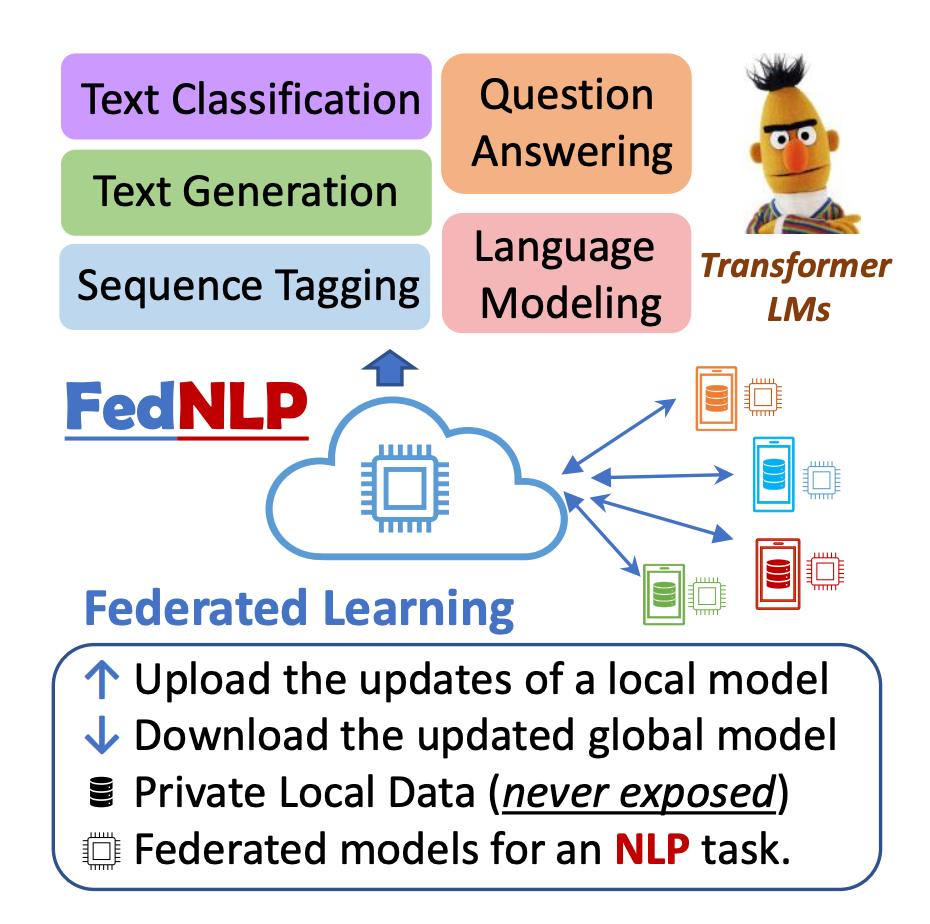A new report by consulting firm CVL Economics has delivered a stark warning to the films and animation industry, stating that generative AI will result in more job losses than in other sectors. The findings are based on a comprehensive survey of 300 industry leaders, including C-Suite executives, senior executives, and mid-level managers conducted late in 2023.
Sound designers under the gun
CVL Economics’ report, titled “FUTURE UNSCRIPTED: The Impact of Generative Artificial Intelligence on Entertainment Industry Jobs,” reveals that 55% of surveyed business leaders anticipate that Sound Designers will bear the brunt of AI displacement over the next three years.
The report also identifies other vulnerable roles within the industry. Approximately 40% of respondents voiced concerns about Music Editors, Audio Technicians, and Sound Engineers, while around 33% foresee challenges for Songwriters, Composers, and Studio Engineers in the same timeframe.
Generative AI’s expanding horizon
The report showcases the growing capabilities of Generative AI. Nearly half (47%) of the business leaders believe that, within the next three years, Generative AI will effectively generate 3D assets and realistic sound design for film, television, and video games. Additionally, 44% expect GenAI to produce convincing foreign language dubbing for film or television dialogue, while 39% anticipate GenAI’s involvement in generating music mixes and masters by 2026.
Amidst ongoing challenges within the entertainment sector, the report highlights the industry’s motivation to enhance productivity, reduce costs, and explore new revenue streams. Notably, companies such as Riot Games, Unity Software, Amazon MGM Studios, Pixar, and Universal Music Group have already initiated layoffs in early 2024. CVL Economics predicts that further job cuts are on the horizon.
AI’s impact on entertainment industry
The entertainment industry has long been recognized as one of the sectors most affected by AI. Reports from various sources, including Indeed, OpenAI, and LinkedIn, emphasize the profound influence of AI, particularly language model-based technologies, within this domain.
Indeed’s report identifies Software Development, Media & Communications, and Arts & Entertainment among the top 20 sectors economy-wide facing exposure to Generative AI. OpenAI’s analysis zooms in on the impact of language model-based AI technologies and includes Publishing, Broadcasting, Motion Picture and Sound Recording, and Performing Arts among their top 25 sectors.
Nuanced perspective
LinkedIn’s research offers a nuanced view by distinguishing between augmentation and disruption. The Technology, Information, and Media sector, which encompasses Software and Entertainment industries, stands out as highly exposed to GenAI, indicating its potential to both assist and displace traditional roles. Entertainment Providers also feature on the list, with a substantial percentage of the industry poised to experience both augmentation and disruption.
In conclusion, the report by CVL Economics underscores the transformative potential of Generative AI in the entertainment industry. While AI promises innovation and efficiency, it also brings the inevitable challenge of job displacement. As the sector grapples with these changes, professionals are urged to adapt and acquire new skills to remain competitive in a rapidly evolving landscape. The future of entertainment will be increasingly shaped by the capabilities of AI, ushering in an era of disruption and transformation.





